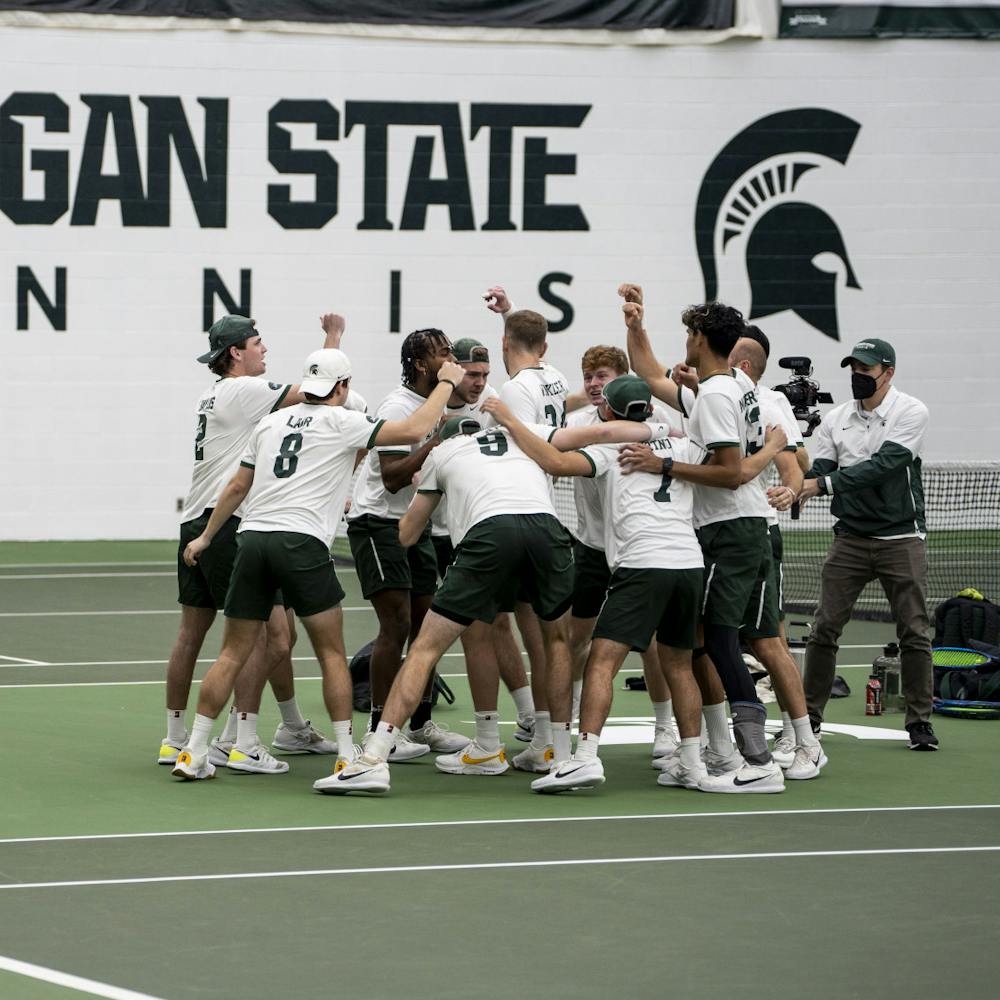As election races continue to heat up both in East Lansing and on the national level, a new MSU study highlights the influence of family and friends in a young adult’s decision to vote.
The College of Education study, which was released last week, shows low-income youth are more likely to vote if their home and social climate place an importance on civic engagement, while also displaying the education system’s lack of ability to spur them to vote.
The new research concludes family and friends’ influence, in addition to activism involvement, are among the biggest factors in whether a low-income young adult will show up on election day. Election experts said this information underscores a staple characteristic of voting culture: Interest in voter participation is largely based on environment and inner motivation.
Although it long has been known low-income citizens vote less than middle-class citizens, low-income youth are more likely to develop voting habits if influence by a friend or family member, rather than a teacher or professor, according the survey.
“Teachers didn’t really have an effect on anything,” said Matthew Diemer, an associate professor in the College of Education who headed the survey.
Diemer partially attributes this to an overrigid curriculum structure that does not leave room for open political discussion.
Although the survey was one of the first of its kind to delve into the causes of limited participation in the low-income community, the task of getting these youth to vote is nearly impossible, said Mark Grebner, an East Lansing-based political consultant at Practical Political Consulting Inc.
“Voting is just sort of one behavior and a whole lifestyle,” Grebner said. “They’re just not part of the political system.”
While policy issues related to young adults go disproportionately unrepresented because of lack of organization within the demographic, those who do participate often do so because of environmental influence, said Michael Craw, a James Madison College assistant professor.
“You learn many political habits, like many social habits, from growing up with your family,” Craw said.
Laura Campbell, a 22-year-old law student, said she voted or the first time in November’s mid-term election, although her parents vote in every election.
“If I didn’t have enough information, I wasn’t going to vote (in previous elections).”
Grebner noted first-generation college students are more likely to vote than their parents but less likely to vote than their peers whose parents went to college.
Diemer said he was surprised by some of the results, particularly that activism translated into increased voter participation, as surveys in the past showed some activists were still too disillusioned to cast a ballot.
Support student media!
Please consider donating to The State News and help fund the future of journalism.
Discussion
Share and discuss “MSU study shows voting habits of low-income youth” on social media.






